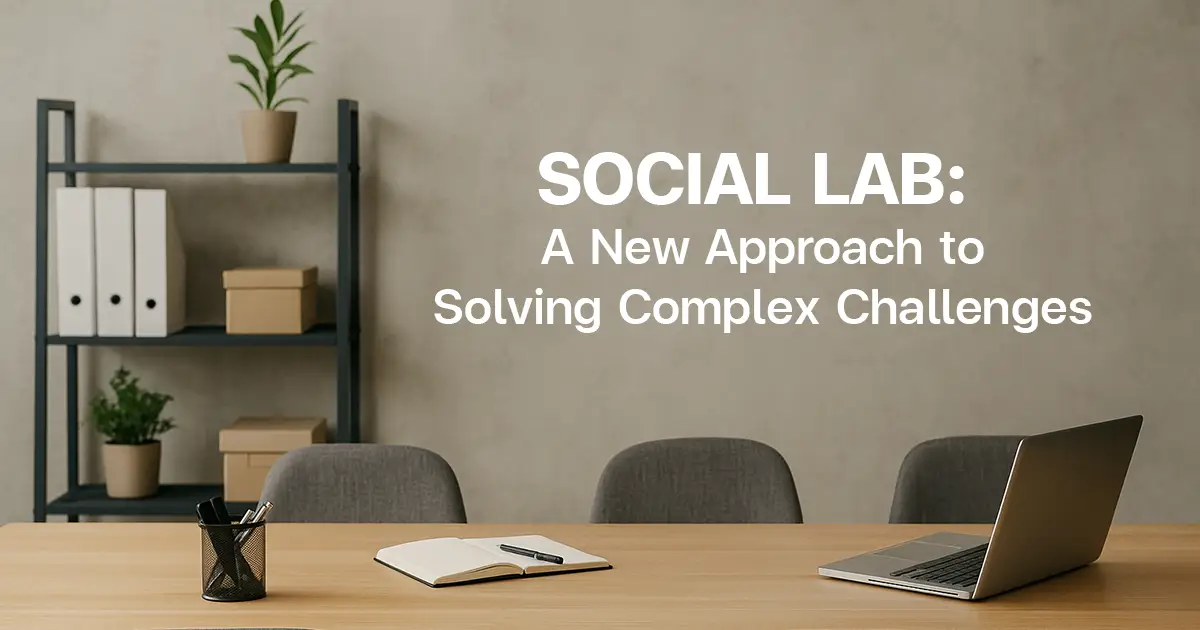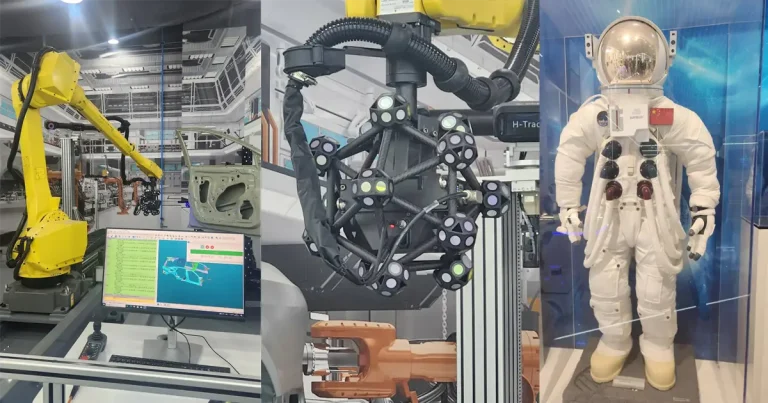Compiled by Professor Dr. Tippawan Lorsuwannarat, Ph.D.
Acting President of NIDA
Source: Facebook tippawan lorsuwannarat
Overview
In his influential book The Social Lab Revolution: A New Approach to Solving Our Most Complex Challenges (2014), Zaid Hassan introduced the concept of the Social Lab as a groundbreaking method for addressing today’s most pressing and multifaceted social problems. Hassan argues that traditional, top-down, and linear problem-solving approaches are no longer sufficient to tackle the complexity of issues such as climate change, poverty, inequality, and aging populations. In place of rigid planning, he advocates for a more flexible, collaborative, and experimental approach to social innovation.
By using the term “Social Lab,” Hassan deliberately differentiates it from the conventional idea of a scientific laboratory. While scientific labs deal primarily with controlled experiments in natural sciences, Social Labs are grounded in the messy, unpredictable realities of society. The term “social” emphasizes the human, relational, and dynamic nature of change—highlighting the importance of collective participation, real-world engagement, and iterative learning.
Hassan’s vision of the Social Lab is rooted in the belief that complex global challenges require equally complex, adaptive solutions. These challenges involve multiple actors, interrelated systems, and rapidly changing contexts, making conventional solutions ineffective or unsustainable. In contrast, a Social Lab brings together a diverse group of stakeholders—academics, civil society leaders, business representatives, and policymakers—to co-create solutions through cycles of experimentation, learning, and refinement.
One of the most well-known examples of this approach is the Sustainable Food Lab, which Hassan helped lead. This initiative brought together actors from corporations, NGOs, and governments to design and test collaborative strategies aimed at improving sustainability in the global food system. By blending practical experimentation with evidence-based research, the lab achieved tangible results while modeling a new form of social problem-solving.
Social Labs are also supported by robust theoretical foundations, drawing from systems thinking, sociology, and network theory. Through global case studies and real-life implementation, Hassan and his collaborators have shown that Social Labs can be both rigorous and practical, offering a new paradigm for innovation and impact.
What is a Social Lab?
According to Hassan (2014), Social Labs are characterized by three key features:
- Social – Social Labs focus on challenges that affect society as a whole, such as inequality, sustainability, and aging. They bring together participants from multiple sectors—government, civil society, business, and academia—to ensure that solutions are inclusive, context-sensitive, and co-created by those with diverse perspectives.
- Experimental – Unlike traditional projects that follow fixed plans, Social Labs rely on iterative cycles of prototyping and testing. Solutions are developed, implemented in real-world settings, evaluated, and refined repeatedly. This enables continuous learning and adaptation.
- Systemic – Social Labs aim to address the root causes of complex problems rather than just treating symptoms. They seek to understand the interconnected structures that drive social issues, working toward deep, lasting change at the systemic level.
Conclusion
A Social Lab is not just a physical space—it is a platform for learning, collaboration, and innovation. Rooted in real-world issues, it fosters a culture of experimentation and inclusion. By actively involving people with diverse knowledge and lived experience, Social Labs empower both individuals and institutions to take meaningful leadership roles in driving social transformation.
At NIDA, we recognize the value of such approaches in today’s interconnected and rapidly evolving world. Social Labs represent a vital tool for universities, communities, and global partners as we seek to co-create sustainable solutions to the most urgent challenges of our time.





